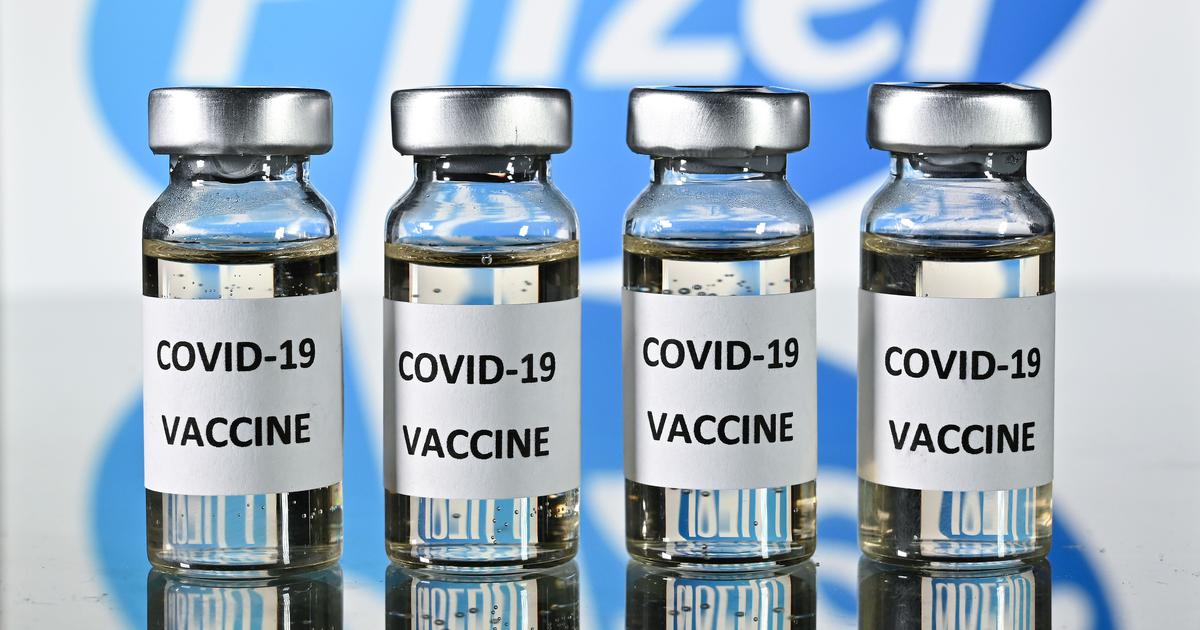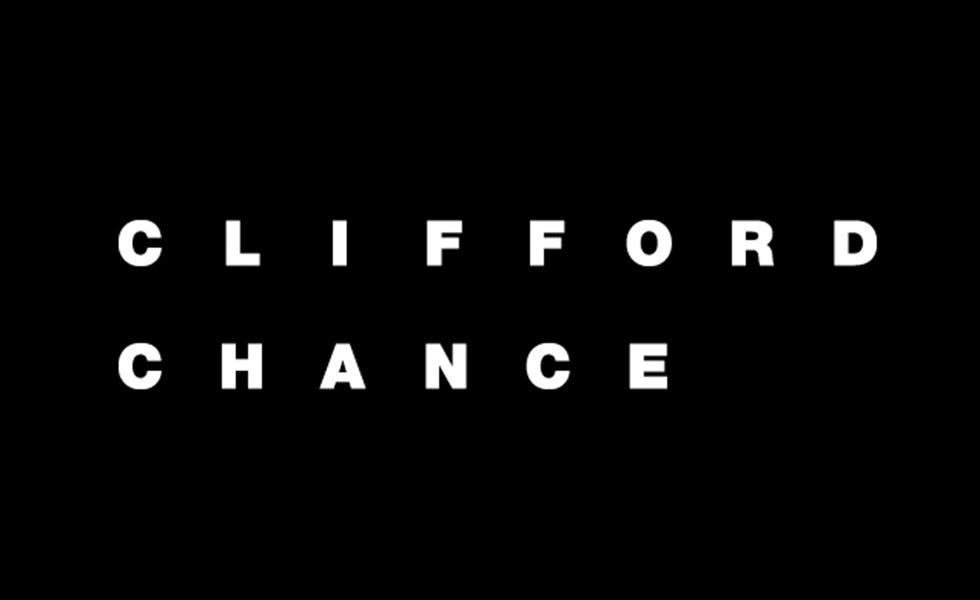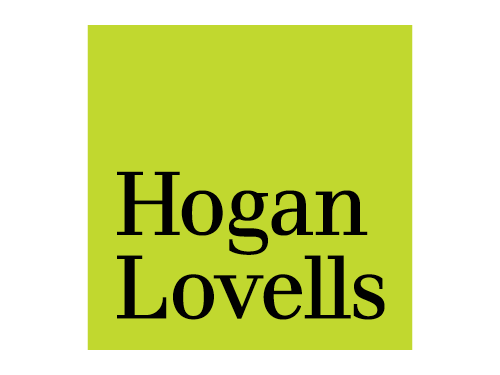Now Reading: Covid-19 Vaccine: With Or Without IP?
-
01
Covid-19 Vaccine: With Or Without IP?

Covid-19 Vaccine: With Or Without IP?
As some of the Pharmaceutical companies are about to put their COVID-19 vaccine in the market the debates of the waiving of IP rights have been started all over the world. The proposal for the same was submitted before TRIPS Council on October 2, 2020, jointly by Bharat and South Africa, and was supported by around 100 countries including China. It was opposed by high-income nations like U.K, U.S. Canada, Norway, Australia, and Japan.[i] The opposition parties also argued that provisions like compulsory licensing on pharmaceutical drugs already make the laws flexible enough to make it available to the whole world. The supporting parties argued that the procedure to get the compulsory license is very complicated.
Consequences of a vaccine without IP rights
IP is an enabler and without IP and its incentives, the world not is able to see the COVID-19 vaccine in such a large number and in such a small period of time. It is IP that encourages the pharmaceutical industry to invest in R&D related to the COVID-19 virus.
Roche Group’s CEO Schwan who is also IFPMA Vice-President said that selling such an expensive technology without IP will not give much profit and will not sustainable in the long-term.[ii] After the landing of the vaccine in the market, there is a need to provide the vaccine in a large number, through cooperation with other producers and sharing IP related to vaccine and without the IP it will not be possible.
History of waiver of IP in case of drugs
In the past, many countries have tried to dilute the IP right of some drugs related to some serious diseases. In Many cases, the countries were gone through legal battles against giant pharmaceutical companies. In the case of Novartis Ag vs Union Of India & Ors, it took around 8 years to protect section 3(d) of the Indian Patent Act, which was challenged by the Company Novartis to monopolize the drug Glivec, a drug that treats Leukemia. It was April 1, 2013, when the Supreme Court rejected the argument of Novartis to struck down section 3(d) as it is unconstitutional. Novartis tried to patent the drug whose patent is about to end in another chemical form (Crystalline form) whose patent was about to end. And such patents are restricted under section 3(d) of the Act.
During 1996 a new drug of AIDS treatment was dropped in the African market whose cost was around $10000 for a year, which was too high to afford.[iii] It took almost 10 years to break the monopoly of the company by the governments and to bring down the cost of the drug. As the death rate was at its peak during this period a lot of deaths were happened just because of the high rate of the drug.
There is more likely that in the case of COVID-19 vaccine, to make revenue the companies may try to monopolize the market and it would take a lot of time to make the drug available to the poor Nations.
According to the vaccine producing capacity ( for the year 2021) of the companies, 82 percent of the vaccine in the case of Moderna and 82 percent in the case of Pfizer have been already sold to the rich countries like U.S., E.U., Japan, and Canada.[iv] Canada has pre-ordered vaccines in such a large number that it is equal to 10 doses per capita. It is totally up to the opposing countries to pressurize their companies to give up their IP as in many cases the governments have provided money from the public fund for the development of a vaccine. In the case of Astrazen, a sum of $2 billion and $2.5 billion in the case of Moderna was provided by US govt. German Government also provided $455 million to Pfizer for vaccine production.
What law says?
Article 31 of TRIPS allows the state party to use the patented drug without authorization in case of extreme urgency or national emergency shows that the Intention of the TRIPS agreement is to protect the right of the producers but in case of urgency like COVID-19 such right can be waived off by the state governments. COVID-19 is an extraordinary situation and almost all the countries have been affected by it.[v]
As the right to health is a fundamental right under Article 25(1) of the Universal Declaration of Human Rights (UDHR), Article 2(1) International Covenant on Economic, Social, and Cultural Rights (ICESCR), and under Article 6 (1) of International Covenant of Civil and Political Rights (ICCPR), these provisions make an obligation on the states to provide access to the drug to its citizens, which would be possible only after lowering the rates of the vaccine.[vi] Paragraph 4 of the Doha Declaration on the TRIPS Agreement and Public Health, 200, says that the TRIPS agreement does not hinder the state to take steps to promote public health. Goal 3 of the Sustainable Development Goals (SDG) adopted in 2015 commits to ensuring the healthy life and promotes well beings. All these international laws promote the waiving of the IP rights from the essential life-saving drugs as without which these goals are hard to achieve.
The way ahead
While taking any step on this matter the WTO should also take care of the arguments made by the opposing parties that if Patent is waived off the big pharmaceutical companies would not further invest in the research because there would be no returns after the product is ready which would halt the progress of vaccine production.
Going through the procedure to invoke these provisions by individual countries would take a lot of time and by that time there would be a number of deaths and other economic losses to the countries. WTO should take appropriate steps to give access to the COVID-19 vaccine equally to all the countries.
References:
[iv]https://www.business-standard.com/article/current-affairs/suspending-ip-rights-is-the-way-to-go-if-world-wants-covid-19-vaccine-fast-120120800204_1.html










